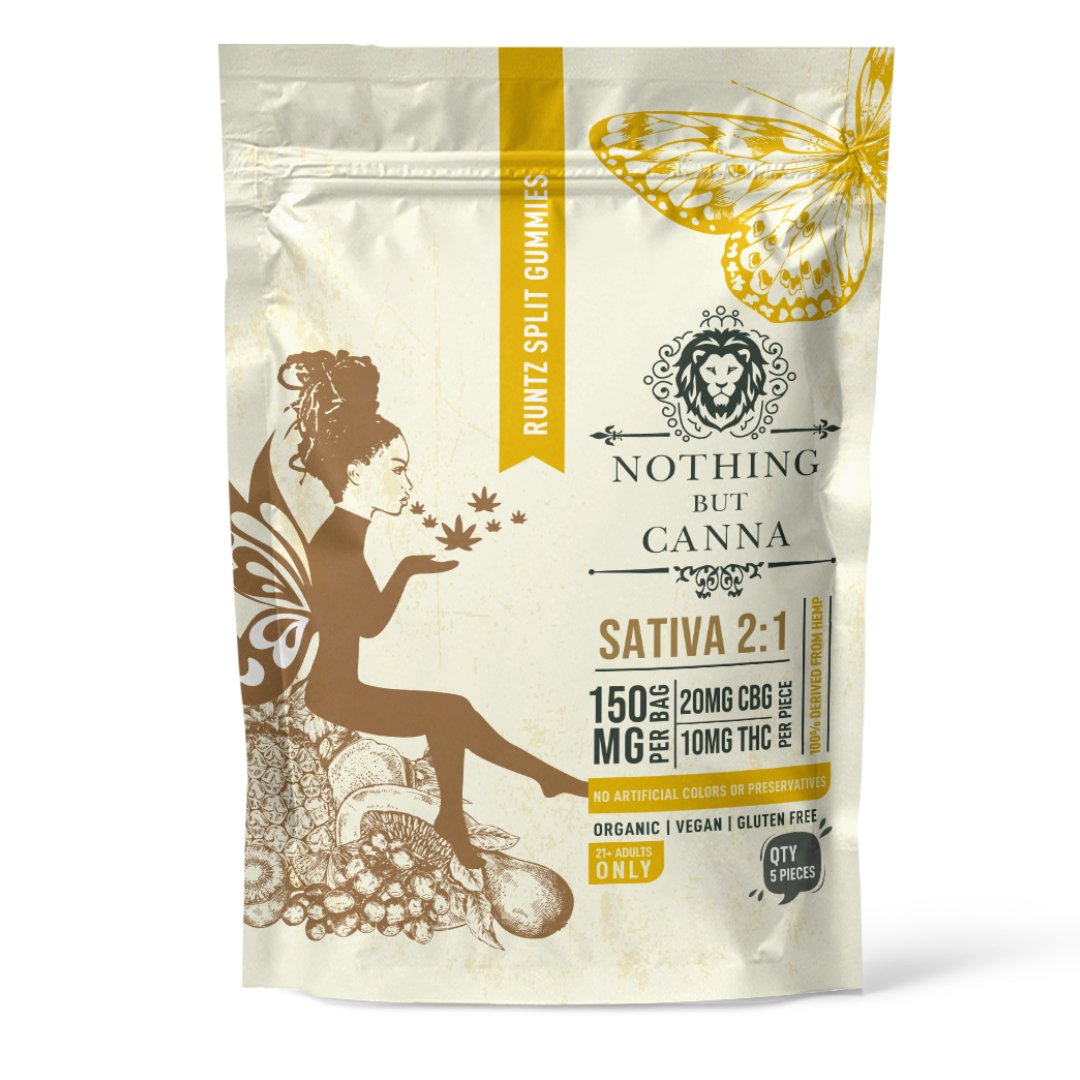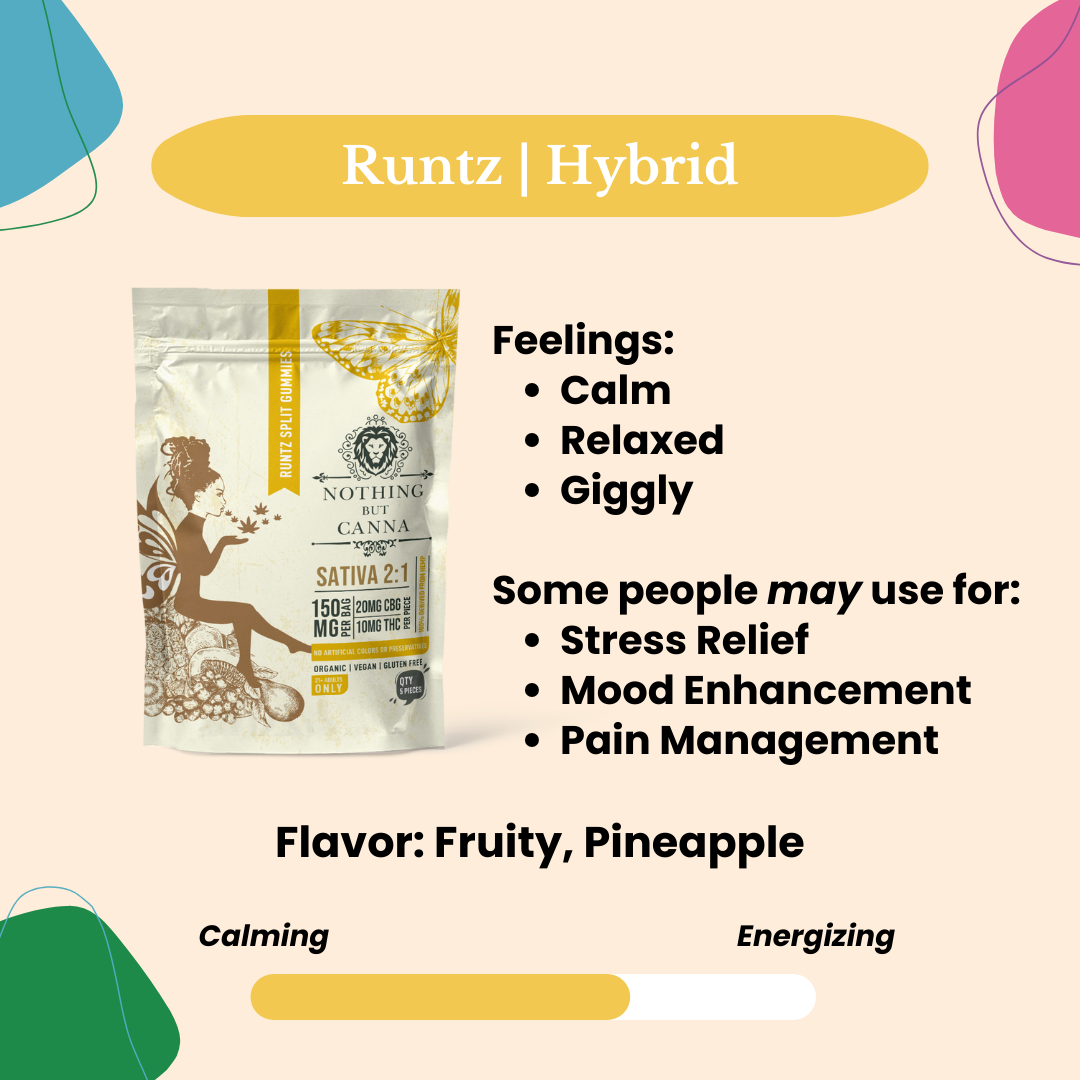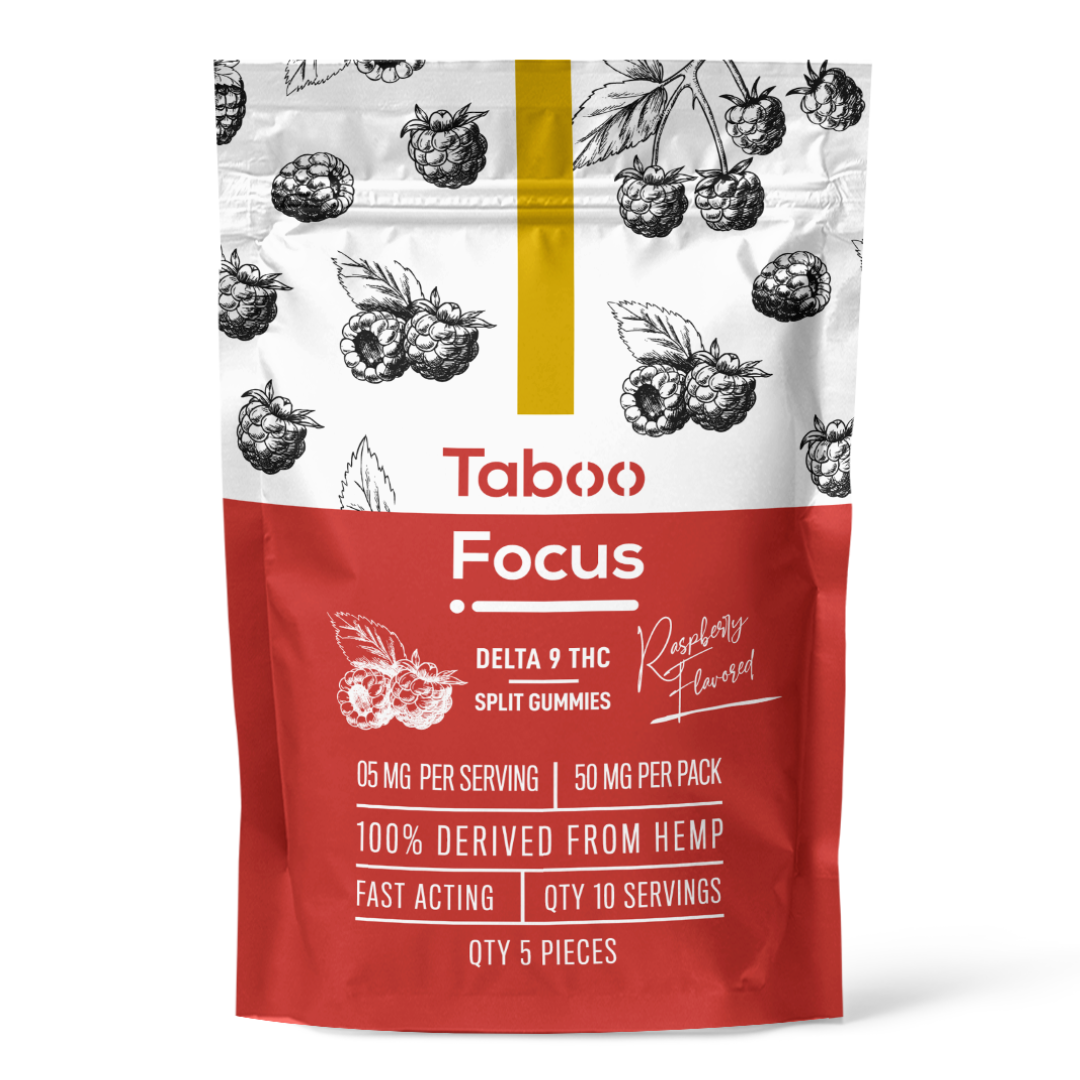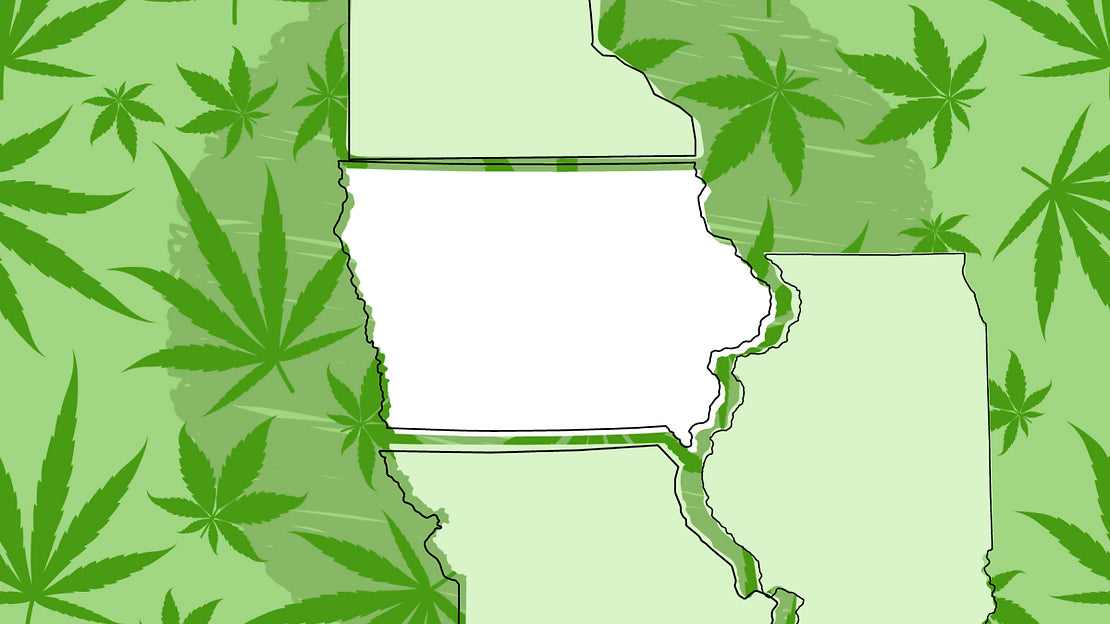After failing to get a standalone bill passed, one Tarheel senator is taking a different approach to establishing the state’s first medicinal marijuana program.

Cannabis legalization reform is not for the faint of heart, most notably in America’s deep South. While most Americans approve of some type of legal marijuana (medical or adult use), actually getting laws passed to enact that legal status is a challenging task.
However, with almost half the states already passing legislation establishing regulated adult-use cannabis markets and over 80% with medical marijuana programs, the United States is fast becoming a legal safe haven for the exploding global cannabis industry.
Yet for some states, like North Carolina, despite poll after poll showing widespread and bipartisan support for legal weed, certain stubborn and increasingly out-of-touch politicians refuse to acknowledge their constituency’s desire to have access to safe, affordable, and regulated cannabis products.
However, as the well-worn and appropriate adage goes, “Where there’s a will, there’s a way.” And, that way might come via hemp, cannabis’ less potent and even more controversial sister plant.
As detailed in this blog earlier this week, the NC House Judiciary Committee met last week to discuss and consider House Bill 563, a measure that would enact a new law prohibiting the sale of intoxicating hemp derivative (IHD) product offerings to individuals under 17 unless a parent or guardian provides consent.
The proposed bill would also:
-
Require manufacturers and distributors of IHDs to apply for a state license to begin selling by July 1.
-
Require lab testing of IHDs to establish their efficacy and safety.
-
Implement a ban on edible products shaped like animals or cartoon characters.
-
Impose a mandate on manufacturers to create child-proof packaging and labeling that includes ingredients and any allergens.
However, lost in much of the discussion surrounding the 17-page comprehensive hemp reform measure was the barely reported inclusion of an amendment that would establish a medical marijuana program in North Carolina for the first time.
As first reported by Marijuana Moment, the NC Senate Judiciary Committee approved the hemp bill on Wednesday. However, prior to its passage, committee members adopted an amendment offered by Sen. Michael Lazzara (R), with language enabling doctors to recommend medical cannabis to patients with specific qualifying conditions.
The text is almost identical to that contained in a standalone bill from Sen. Bill Rabon (R), a cancer survivor who has attempted to sponsor several medical marijuana proposals in the past.
Rabon, who is notorious for trying to leverage creative legislative tactics to force the issue, had previously articulated interest in using the hemp bill as a means for creating the medical marijuana program when his standalone bill failed to pass in the House.
On Wednesday, he told the committee it is entirely logical to use the IHD legislation as a vehicle to legalize medical cannabis, given the crops are the same species, have the same components, and come from the main cannabis sativa plant.
“That’s not too hard for folks in this room to figure out,” he said. "It’s just a matter of one coming from the quote-unquote the hemp plant, the other coming from quote-unquote the bad M-word, the marijuana plant, both of which have the same genus and the same species being cannabis sativa. So it doesn’t take really smart people to see that they are the same thing."
"That’s not too hard for folks in this room to figure out. t’s just a matter of one coming from the quote-unquote the hemp plant, the other coming from quote-unquote the bad M-word, the marijuana plant, both of which have the same genus and the same species being cannabis sativa. So it doesn’t take really smart people to see that they are the same thing."
- NC State Senator Bill Rabon (R)
Under the amendment, doctors would be able to prescribe cannabis to patients if they have a “debilitating medical condition” such as cancer, epilepsy, HIV/AIDS, Parkinson’s disease, multiple sclerosis, and post-traumatic stress disorder. Likewise, as part of their treatment, they would also be allowed to smoke and vape prescribed cannabis products.
While the hemp bill and the medical marijuana amendment attached to it still have a long way to go before becoming law, the strategy of using hemp and cannabis together as a means of leveraging approval votes from previously reticent lawmakers could prove to be a sound strategy for providing North Carolinians with a better regulated and safer hemp industry, as well as a much-needed medical marijuana program.


































